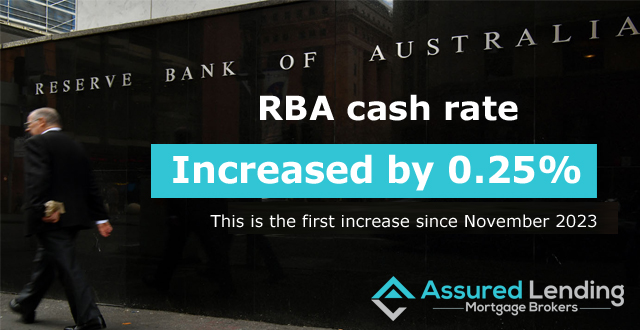
Purchasing a property is one of the biggest financial commitments you’ll ever make and can also be quite an emotional experience. Many people find the process of negotiating property prices when buying a home quite daunting. Below are some tips to prepare you for your negotiations and get the right price.
1. Be ready, willing and able
Even before you step foot inside a property that is for sale, you need to make sure you are ready, willing and able to proceed with a purchase. This means having pre-approved finance in place. Normally valid for 3 to 6 months, a pre-approval gives you the confidence to start your property search, knowing the price range you need to stay within and enabling you to seize the opportunity and act quickly when you find the right property. There is no cost associated with a pre-approval and no obligation to move forward if you don’t find a property. A pre-approval will leverage you as a serious buyer with the real estate agent and give you the ability to start negotiations straight away. Use your readiness to your advantage and advise the agent if you can settle within a shorter time frame.
2. Do your research
The first step towards getting the right price is understanding the housing market and the value of the property you are looking to purchase. Your Assured Lending Mortgage Broker can provide you with free desktop property valuation reports that calculate the approximate value of the property based on recent comparable sales in the area. This report will also give you information on the sales history of the property, a list of similar recently sold properties with their purchase prices and statistics on the local area. Your Broker can also let you know how long the property has been listed for sale, if a property has been on the market for longer than the average time for that suburb, the seller may be more keen to reduce the price. Armed with an understanding of the local market, you can pitch an offer confidently, safe in the knowledge that you have evidence to support your argument for making such an offer.It’s also important to understand if your purchasing in sellers or a buyer’s market. A seller’s market will require you to offer a higher price upfront, as the seller will have plenty of alternatives to consider. However, a buyer’s market provides a lot more flexibility and negotiating power for you as competition from other buyers may be limited or non existent. If this is the case, you could put in an relatively lower than what you are prepared to pay, to test the waters and work out the vendor’s willingness to negotiate.
3. Keep your emotions in check
Purchasing a property can be a very emotional process and when you find the one you love, it’s extremely important to keep your emotions in check in front of the real estate agent. When you show too much desire for a particular property or desperation in securing it immediately, it could be your downfall. Sellers and agents will be watching you to seen how keen you are on a property and will not hold back from playing on your emotions. They will try to pressure you with talk of other interested buyers, time running out, or seller resistance, and they will try to get you to quickly commit to the highest possible price. Conceal your emotions and point out factors to the real estate agent that you consider might reduce the appeal or value of the property, such as work required to be done, structural defects, location etc. You can also talk about interest in another property you have looked at, telling the agent, we really like this one but we are also considering another property in the area which either has an asking price relatively lower than this one or has assets that this particular property doesn’t have.
4. Negotiating with Real Estate Agents
Remember that a real estate agent is working for the seller, not for you. It’s the agent’s job to get the best deal for the seller. If you reveal your maximum purchase price to the real estate agent, they will attempt to get as close as possible to that price, limiting how much room you have to negotiate. Keep your cards to yourself, advise that you have adequate finance approval but are looking to buy a property at market value. If needed, you could provide a market estimate based on your research and instead discuss the value of the property.Communicate clearly with the agent, put all offers in writing, and make yourself as easy to deal with as possible – this can help your chances if the seller is considering your offer alongside other interested buyers. Advise any advantage you have such as finance preapproval in place or if you are able to have a faster settlement time frame.Don’t rush your negotiations or you may seem too keen and make a rash decision that can cost you money. Don’t make an offer on the spot, take a day before presenting an offer to the real estate agent and if they come back with a counter offer, don’t respond immediately, tell them you will have to think about it and reassess your finances and you’ll get back to them.
The below table shows the capital city median time on the market and average vendor discounting figures for August 2019 from property reporting specialists, Core Logic.
Contact an Assured Lending Mortgage Broker for more information today
Disclaimer: The content of this article is general in nature and is presented for informative purposes. It is not intended to constitute financial advice, whether general or personal nor is it intended to imply any recommendation or opinion about a financial product. It does not take into consideration your personal situation and may not be relevant to circumstances. Before taking any action, consider your own particular circumstances and seek professional advice. This content is protected by copyright laws and various other intellectual property laws. It is not to be modified, reproduced or republished without prior written consent. Negotiating Property Prices When Buying A Home








.svg)



